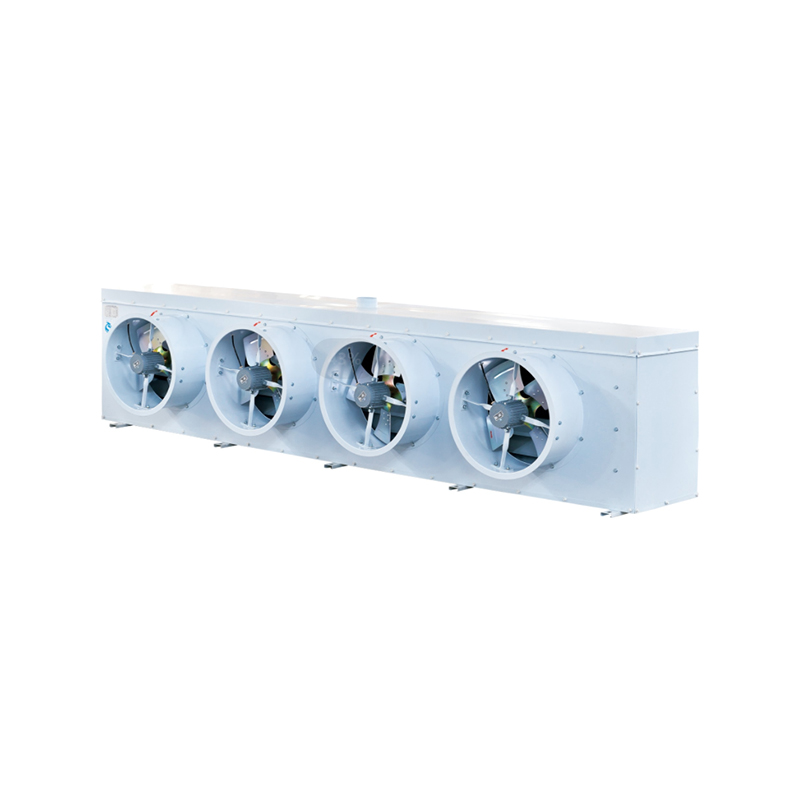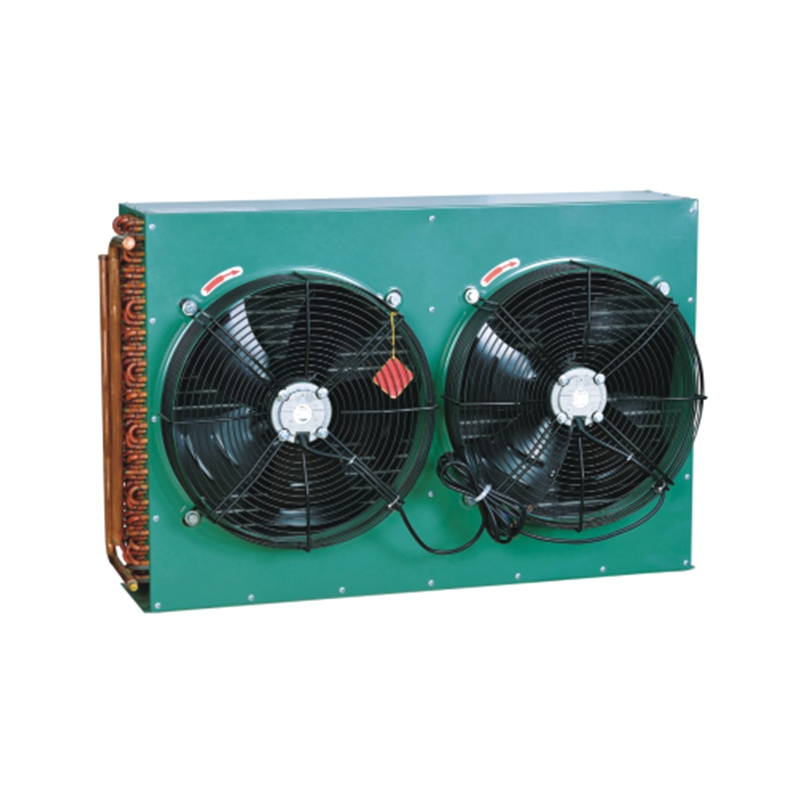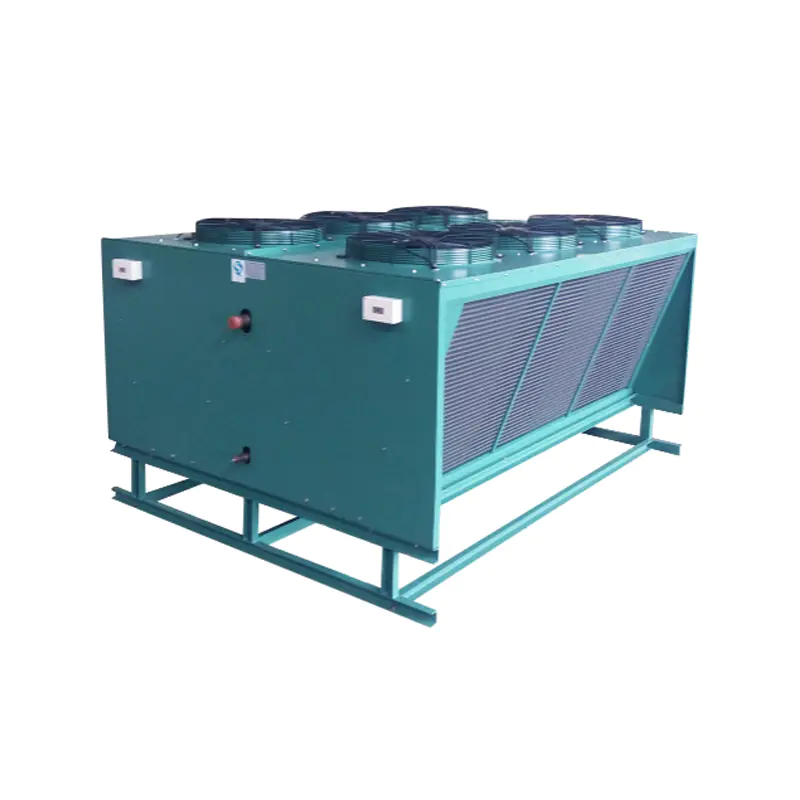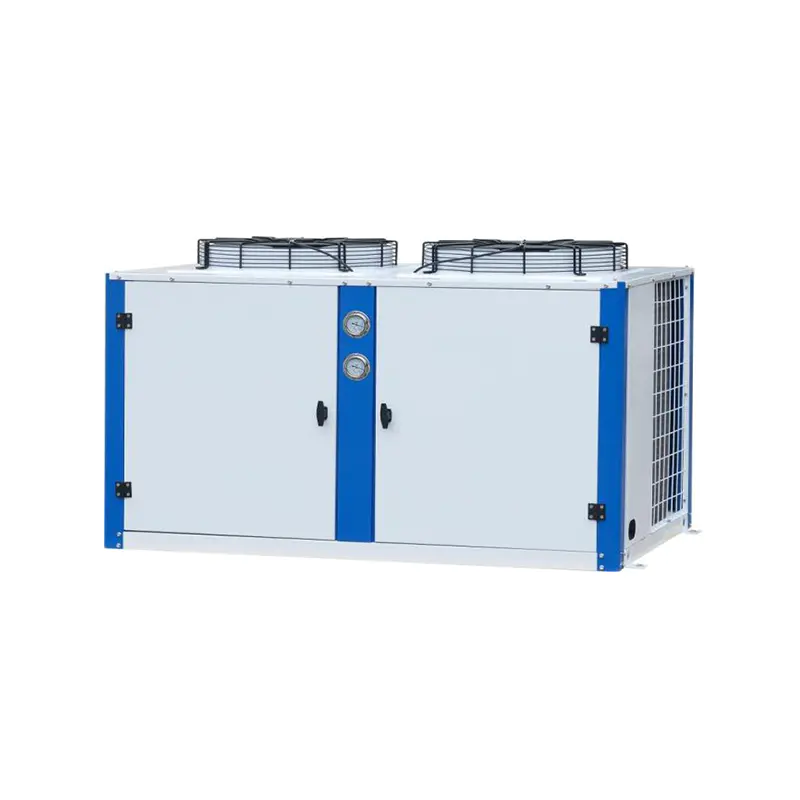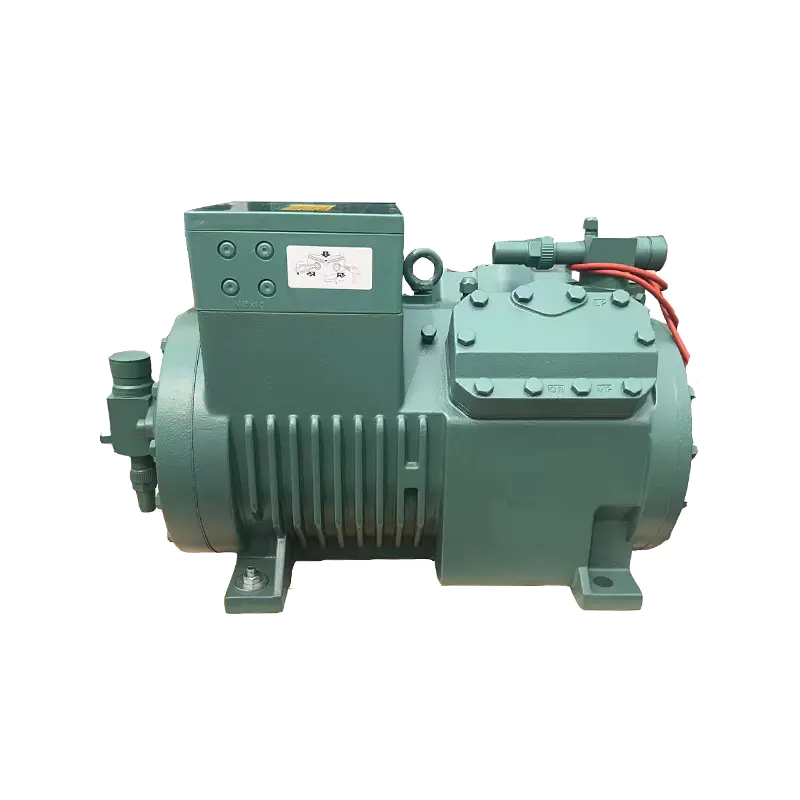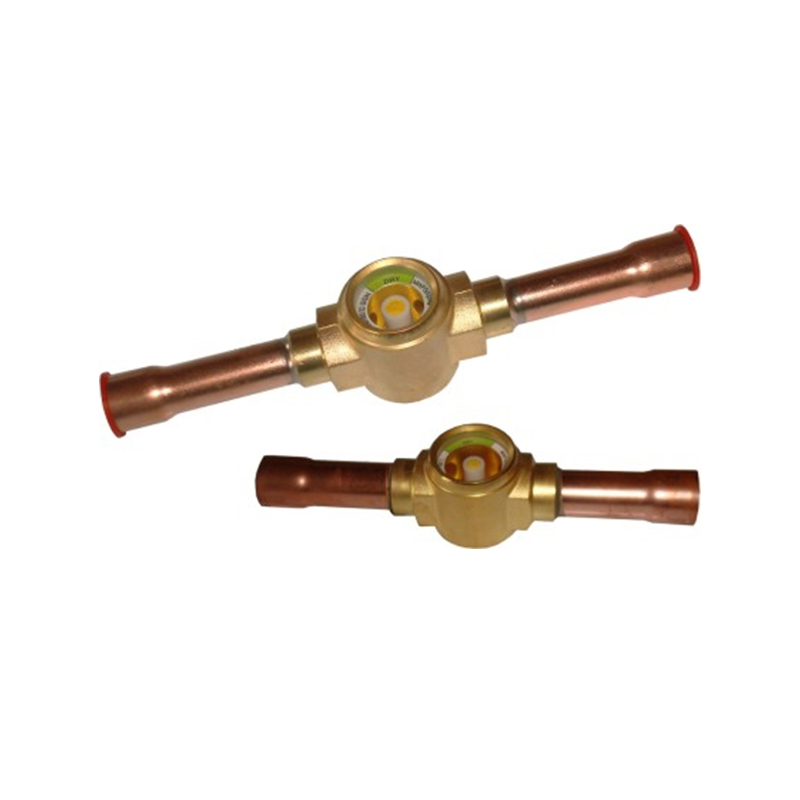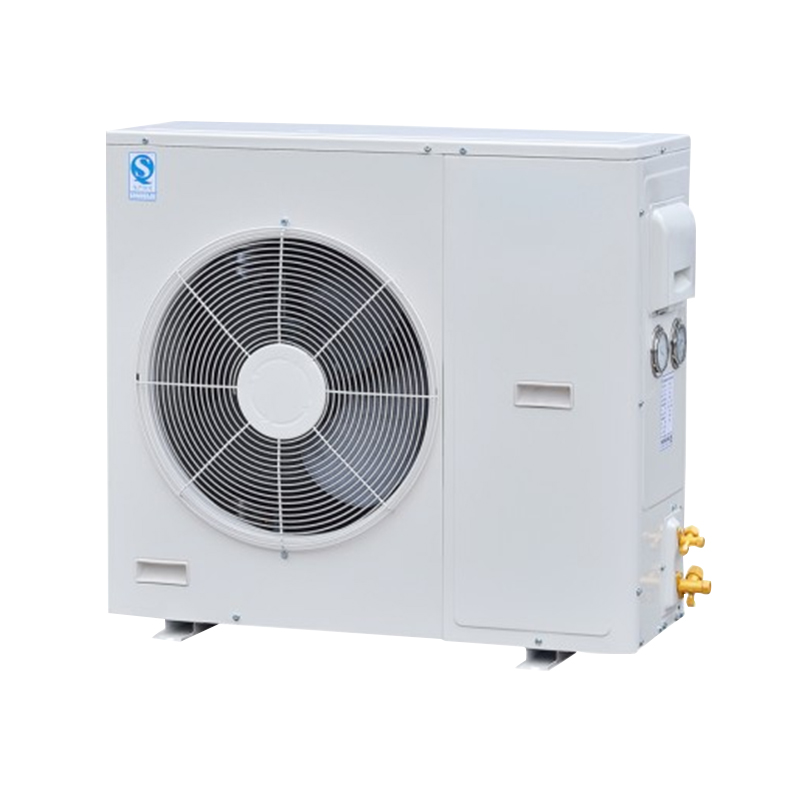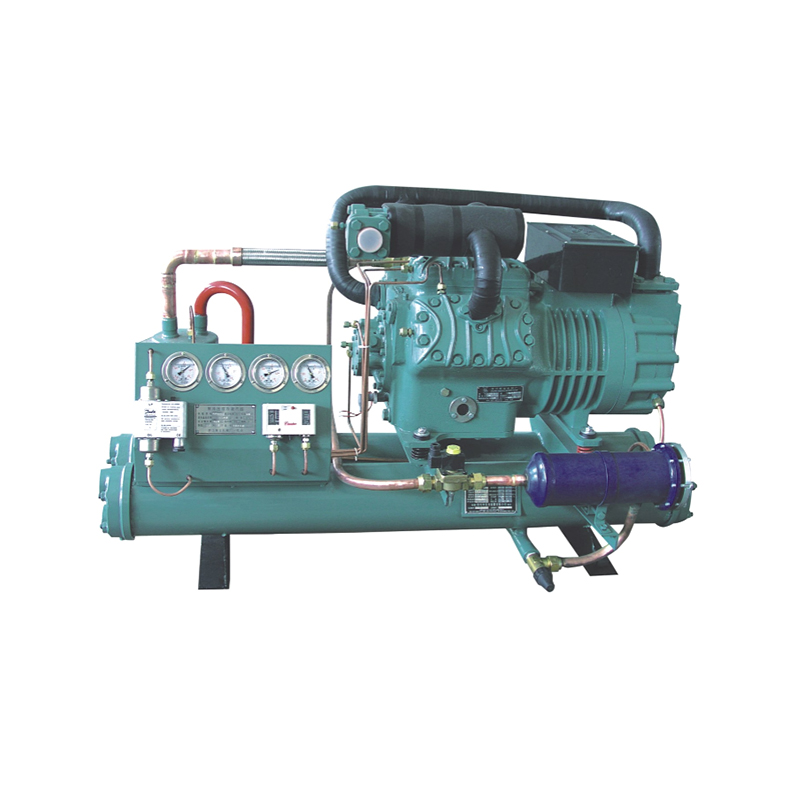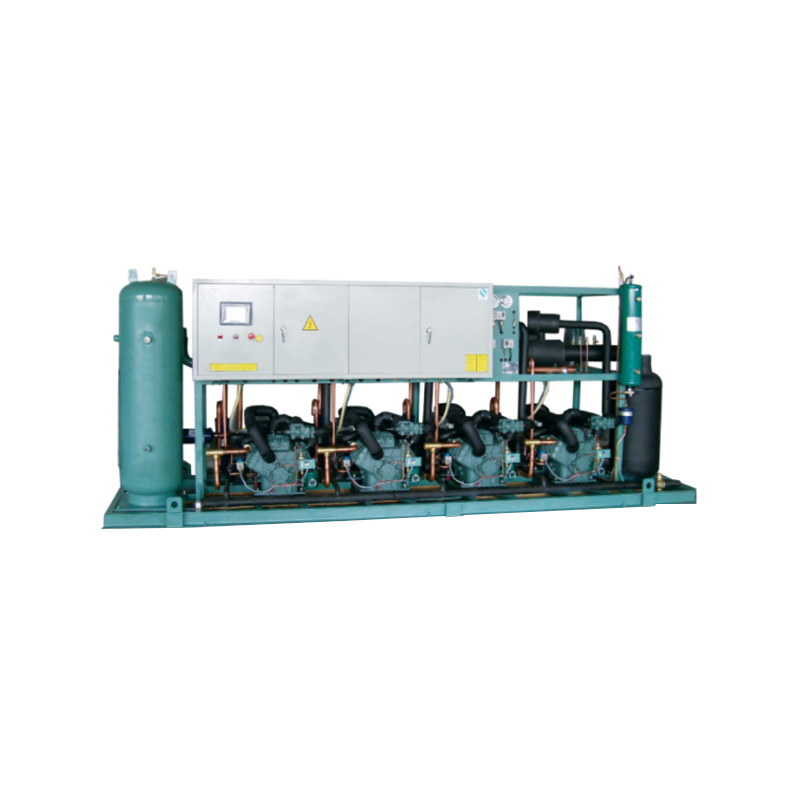The energy efficiency of a condensing unit is a critical factor that directly influences operating costs over time. As businesses and industries increasingly prioritize sustainability and cost control, understanding the impact of energy consumption on long-term expenses becomes essential for those relying on refrigeration and cooling systems. A highly energy-efficient condensing unit not only reduces the immediate operational costs but also contributes to a more sustainable and eco-friendly approach, which can be a significant competitive advantage.
The condensing unit is a key component of any refrigeration system, responsible for releasing heat from the refrigerant and enabling the cooling process. Whether it’s in a supermarket, industrial warehouse, or a commercial air conditioning system, the efficiency of the condensing unit determines how much energy is required to keep temperatures at desired levels. Units that consume less energy to perform the same task provide a direct reduction in energy costs, which, over time, can result in significant savings for a business.
One of the most notable ways energy efficiency affects operating costs is through the reduction in electricity consumption. Refrigeration systems, including condensing units, are often running continuously or for extended hours, particularly in environments where maintaining precise temperature control is crucial. The less energy a condensing unit uses, the lower the electricity bills for the facility. Over time, these savings accumulate, potentially offsetting the initial investment in a more energy-efficient model. In fact, businesses that invest in high-efficiency condensing units often experience a return on investment (ROI) within a few years due to the substantial decrease in energy consumption.
Beyond the immediate savings in electricity, an energy-efficient condensing unit can also reduce the strain on a building’s electrical infrastructure. Less energy consumption means less demand on the power grid, which can help lower overall operational costs. It also reduces the need for expensive electrical upgrades to support older, less efficient systems. This also leads to less wear and tear on other components of the system, such as motors and compressors, which can further reduce the maintenance costs over time.
Another consideration when it comes to energy efficiency is the impact it has on the lifespan of the condensing unit. Energy-efficient units are designed with advanced technologies, such as variable speed drives, optimized heat exchangers, and improved insulation, which allow the unit to operate more efficiently under a wider range of conditions. By reducing the workload of the system and ensuring it operates within its optimal range, these units experience less wear and tear. This ultimately results in fewer breakdowns, a reduced frequency of repairs, and extended service life, all of which contribute to lowering maintenance costs. Furthermore, systems that are less prone to failure require fewer emergency interventions, which are often much more costly than routine maintenance.
For businesses that are particularly energy-conscious or looking to meet environmental standards, the energy efficiency of condensing units can also play a significant role in reducing the overall carbon footprint. By consuming less energy, these units help to lower greenhouse gas emissions, which is a key consideration for companies aiming to align with sustainability goals. This can be a factor in both compliance with environmental regulations and in enhancing the company's reputation as a green and socially responsible entity. Additionally, the environmental benefits often extend to tax incentives or rebates offered by local governments for businesses that adopt energy-efficient systems.
Over time, as energy prices continue to fluctuate and rise, the long-term benefits of having a more energy-efficient condensing unit become even more apparent. Energy-efficient models that were initially more expensive to purchase can pay for themselves in a relatively short period due to the ongoing reduction in operating costs. In fact, the savings on energy bills can sometimes surpass the initial cost difference between a standard and an energy-efficient model. This makes high-efficiency condensing units not just a better choice for the environment but also a financially prudent decision for businesses looking to optimize their operational expenses.
Moreover, the total cost of ownership of a condensing unit includes more than just purchase price and energy consumption. Operating costs also involve maintenance, downtime, and system reliability. Efficient units are less likely to require frequent servicing, further reducing costs and ensuring smooth, uninterrupted operation. This can have a profound impact on the bottom line, particularly in industries where refrigeration downtime can result in product spoilage or loss of business.
